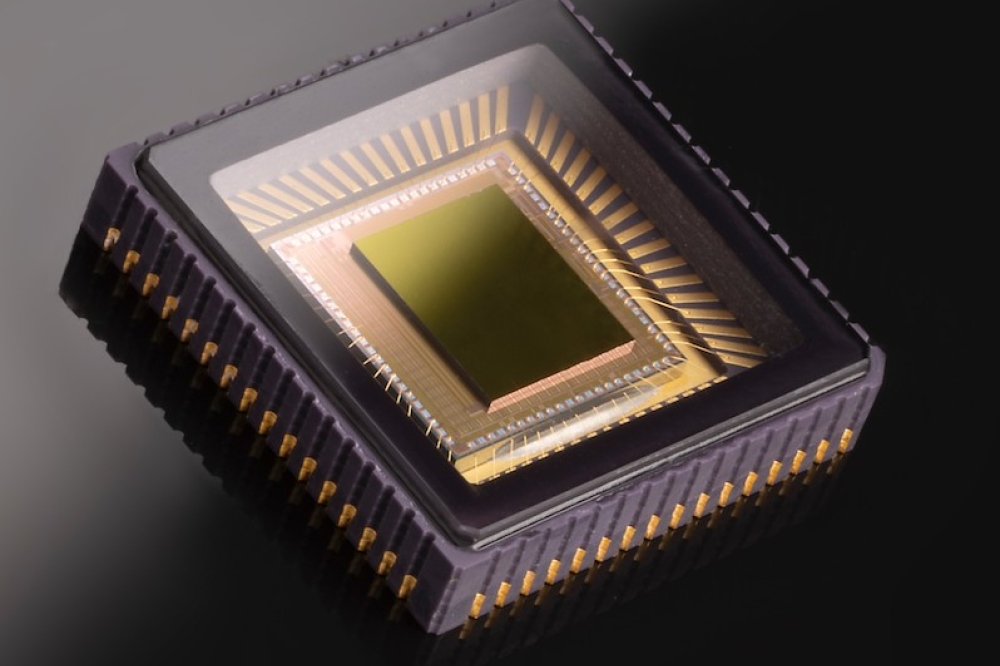JEDEC Publishes GaN transistor Guidelines

JEP180 will enable manufacturers to evaluate switching reliability of GaN power transistors and to assure their robustness at the technology level and in power conversion applications
JEDEC Solid State Technology Association has announced the publication of 'JEP180: Guideline for Switching Reliability Evaluation Procedures for GaN Power Conversion Devices'. Developed by JEDEC’s JC-70 Committee for Wide Bandgap Power Electronic Conversion Semiconductors, JEP180 is available for free download from the JEDEC website.
To enable the successful adoption of GaN power transistors, both reliable operation in power conversion applications and switching lifetime need to be demonstrated. Existing tests for silicon power transistors do not necessarily validate operation under actual-use conditions of power conversion equipment and may not be applicable for GaN power transistors.
To address this need, JEP180 is intended for use by manufacturers of GaN power transistors and power conversion equipment. For the first time since the introduction of GaN power transistors, JEP180 will enable manufacturers to evaluate switching reliability of GaN power transistors and to assure their robustness at the technology level and in power conversion applications. The document provides guidelines for Switching Accelerated Life and Dynamic High-Temperature Operating-Life tests that are applicable to GaN planar enhancement-mode, depletion-mode, cascode power transistors, and integrated power solutions.
JEP180 was developed over a period of more than two years by a team of respected industry experts from leading GaN power device manufacturers.
“This new guideline provides engineers a robust evaluation of switching behaviour, which will further accelerate industry-wide adoption of GaN, especially in automotive and industrial markets where efficiency, power density and reliability matter the most,” said Stephanie Watts Butler, GaN technology innovation architect at Texas Instruments and the chair of JC-70.
“This latest guideline covers switching reliability and helps assure successful usage of GaN devices in a wide range of applications by addressing one of the key topics identified by our committee members. We continue in our work to build a full coverage of guidelines and standards for use of both GaN and SiC devices.” Tim McDonald, Senior Advisor to Infineon’s CoolGaNTM program and the chair of the JC-70.1 subcommittee.
About JC-70
Formed in October 2017 with twenty-three member companies, JC-70 now has over 60 member companies, which underscores industry interest in the development of universal standards to help advance the adoption of wide bandgap (WBG) power technologies. Global multinational corporations and technology startups from the US, Europe, Middle East, and Asia are working together to bring to the industry a set of standards for reliability, testing, and parametrics of WBG power semiconductors.
Committee members include industry leaders in power GaN and SiC semiconductors, as well as prospective users of wide bandgap power devices, and test and measurement equipment suppliers. Technical experts from universities and national labs also provide input.
Interested companies worldwide are welcome to join JEDEC to participate in this important standardization effort. JC-70 plans to hold four committee meetings in 2020, including a meeting co-located with the APEC Conference on March 16 in New Orleans, Louisiana.


































